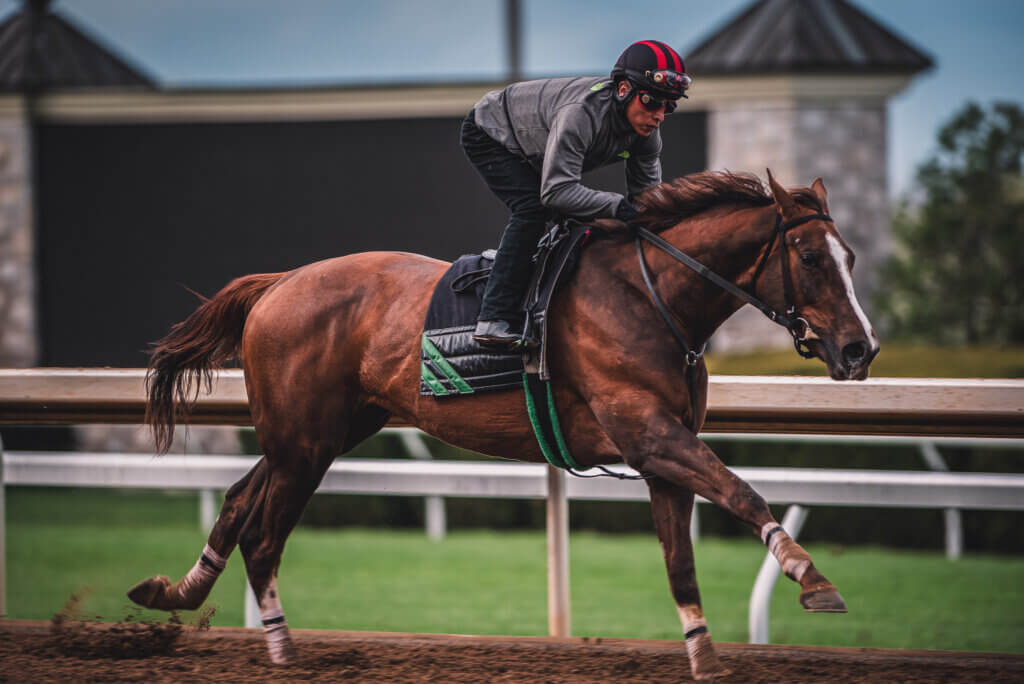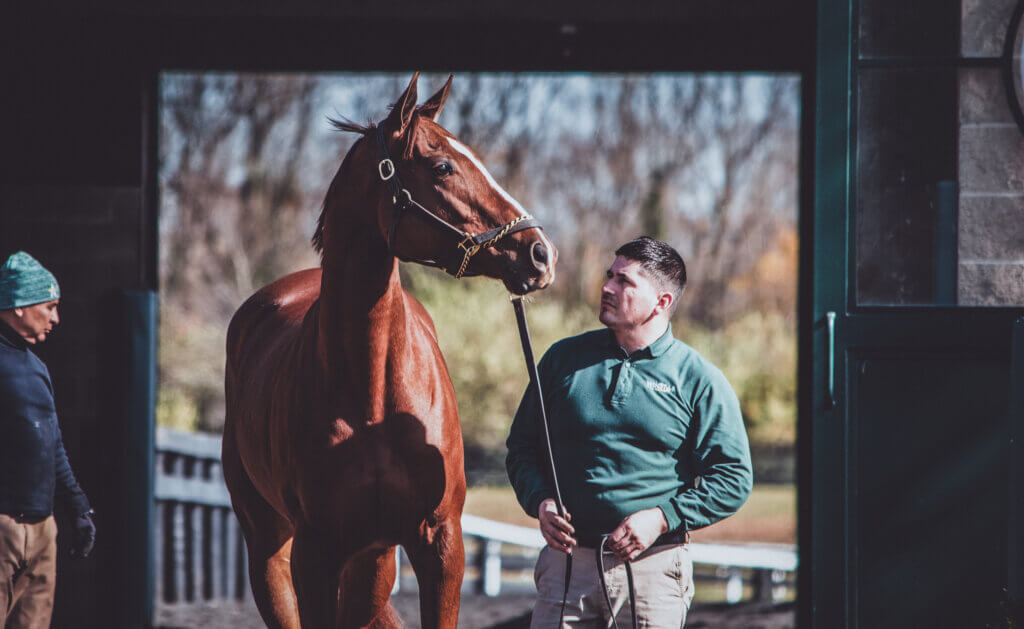The allure of the racetrack often conjures images of glamour, prestige, and significant financial gains. The thrill of watching a thoroughbred you own thunder down the stretch is undeniable. However, the common perception that racehorse ownership is purely a lucrative venture needs to be closely examined. Is owning a racehorse really all about making money, or is there more to this expensive passion?
The Financial Realities of Racehorse Ownership
To understand the financial dynamics of racehorse ownership, we turn to some compelling statistics from the Jockey Club’s 2023 Fact Book. Last year, around 45,000 horses started races across North America, competing for total purses slightly exceeding $1.3 billion. This breaks down to an average earning of just under $30,000 per starter. While at first glance, these numbers may appear substantial, they tell only part of the story.
The cost of maintaining a racehorse in training—covering everything from trainer fees to veterinary care—averages about $75,000 annually per horse. This figure is based on consultations with multiple trainers and owners and gives us a baseline for further calculations.
With these costs in mind, the total expenditure for keeping all racehorses in training in North America last year would amount to approximately $3.4 billion—over two and a half times the total purse money paid out. This reveals that collectively, racehorse owners recoup less than half (40%, to be precise) of their expenses through racing earnings alone, excluding any initial purchase costs.
“Racehorse owners recoup on average only 40% of their expenses through racing earnings alone, excluding any initial purchase costs.”
Chris Rogers Tweet
The Economics of the Elite Few
Delving deeper, it becomes evident that only a select few in the racing world see substantial financial returns. In 2023, thirty-one horses earned $1 million or more.
However, these top earners represent a minuscule fraction of the total population, with only about 8% of all racehorses earning enough to cover their annual upkeep costs.
The stark reality is that the median earnings for racehorses last year were just under $14,000—significantly less than what it costs to maintain them, indicating that the typical racehorse earns back less than 20% of its expenses.
Beyond the Balance Sheet
So, if financial gain is uncertain and often unlikely, why do people invest in racehorses? The answer lies beyond simple economics. Racehorse ownership is driven by a passion for the sport, the love of horses, and the excitement of potentially being part of a horse’s journey to greatness.
Owners celebrate the successes, large and small, and endure the losses, not merely as financial transactions but as integral experiences of the thrilling world of horse racing.
Moreover, the industry is not static; it evolves with advancements in veterinary care, training, and breeding techniques. For many, the challenge of applying these innovations and potentially influencing the sport is as rewarding as any purse.
While it’s undeniable that some financially successful owners profit handsomely, the general landscape of horse racing suggests a different narrative.
For the vast majority, racehorse ownership is not a path to riches. Instead, it’s a costly endeavor fueled by passion, the pursuit of excellence and a deep love of the horse. The economics of owning a racehorse, marked by its low return on investment for most, underscores a commitment to the sport and its equine athletes that transcends mere monetary gain.
This understanding invites a broader appreciation of racehorse ownership, where the true rewards often lie outside the confines of a balance sheet.



